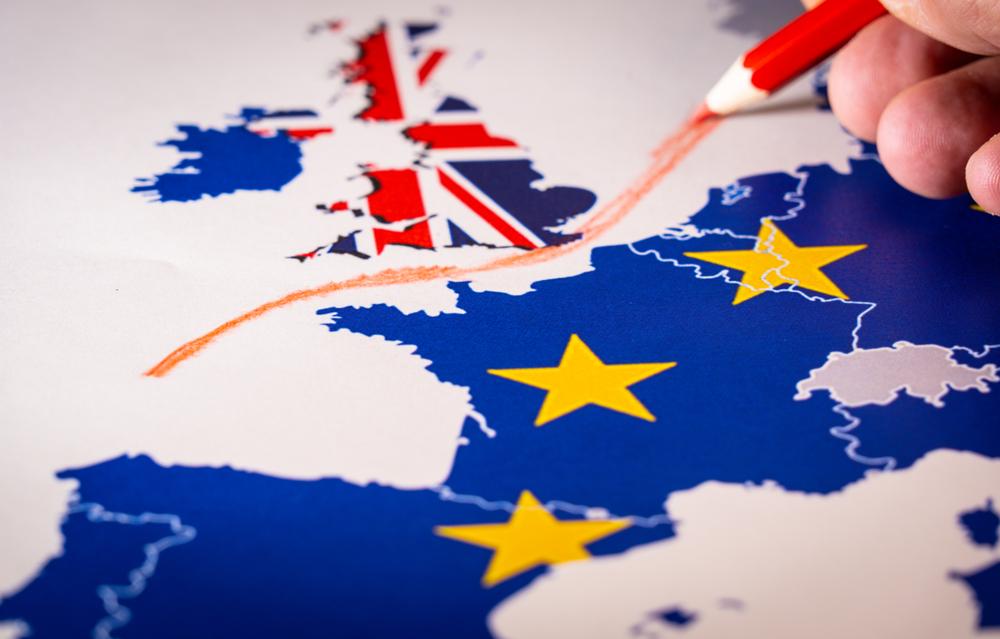In what amounted to a short but sweet discussion, the prime minister Boris Johnson has come away from a meeting with the EU negotiating team stating that a deal has been struck.
We’ve got a great new deal that takes back control — now Parliament should get Brexit done on Saturday so we can move on to other priorities like the cost of living, the NHS, violent crime and our environment #GetBrexitDone #TakeBackControl
— Boris Johnson (@BorisJohnson) October 17, 2019
European Commission president Jean-Claude Juncker echoed the sentiment, lauding the progress made at the Friday morning summit meeting.
🇪🇺🤝🇬🇧 Where there is a will, there is a #deal – we have one! It’s a fair and balanced agreement for the EU and the UK and it is testament to our commitment to find solutions. I recommend that #EUCO endorses this deal. pic.twitter.com/7AfKyCZ6k9
— Jean-Claude Juncker (@JunckerEU) October 17, 2019
He followed the meeting with a letter of recommendation to European Council President, Donald Tusk, where he wrote,
“It is high time to complete the withdrawal process and move on, as swiftly as possible, to the negotiation on the European Union’s future partnership with the United Kingdom.”
EU Chief Negotiator Michel Barnier added,
“We have arrived at an agreement with the British government on an ordered withdrawal of the United Kingdom and the European Union and also on the framework for our future relationship.
He said, “the legal certainty in every area where Brexit, like any separation, creates uncertainty and in particular, and first and foremost, for citizens”.
Boris Johnson now faces the challenge of getting the deal through Parliament. Members of Commons won’t take kindly to having to vote on a deal without having had the opportunity to read the legal text in full. Further, Jeremy Corbyn will be among the first protesting over how workers’ rights have been protected and in what capacity, as it has not yet been made clear whether the formation of the new deal was contingent on the EU’s ‘level playing field’ initiative.
The prime minister’s seemingly insurmountable elephant in the room, however, remains the issue of the Irish border. Despite claims that the new deal abolishes the ‘undemocratic backstop’, and claims that border plans and the political declaration had been revised, it is understood that Northern Ireland will still be treated differently from the rest of the UK.
It would appear Boris Johnson’s task remains a difficult one at best. Getting this deal through parliament will already be a challenge, and a combination of a working minority in government, and the ailing support of an unconvinced DUP, could make getting a deal through the house all-the-more difficult.
Without hoping to fan the stereotype of being the regular, inflammatory media, this weekend’s entertainment is guaranteed to be tense. Labour will likely make any deal-passing conditional, and on the basis that it is put before the public in a confirmatory vote. On the other hand, if Boris can convince the public that his new deal delivers something viable, and continues to weaponise the word ‘democratic’ with the same degree of potency, he will hope to galvanise a chorus of support into bullying Labour into submission.
Elsewhere in political and macro economic news, there have been updates from; Michel Barnier saying a deal is still possible, UK economy looks likely to avoid recession, Hong Kong protester shooting and China’s strategy, the Supreme Court rules against Boris, the collapse of Thomas Cook (LON: TCP), the bid for the London Stock Exchange (LON: LSE), Lloyds Banking Group PLC (LON: LLOY), Barclays (LON: BARC) and Deutsche Bank (ETR: DBK).




